Impacc
The entrepreneurial take on development aid
Impacc – the entrepreneurial take on development aid

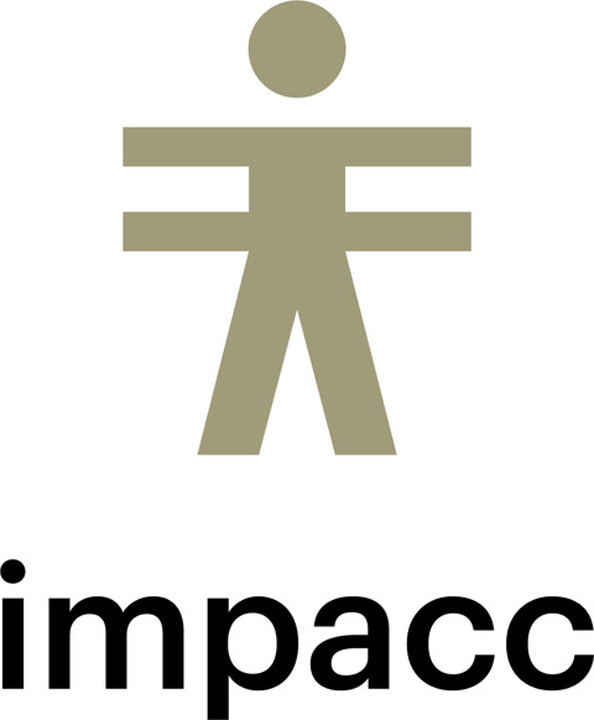
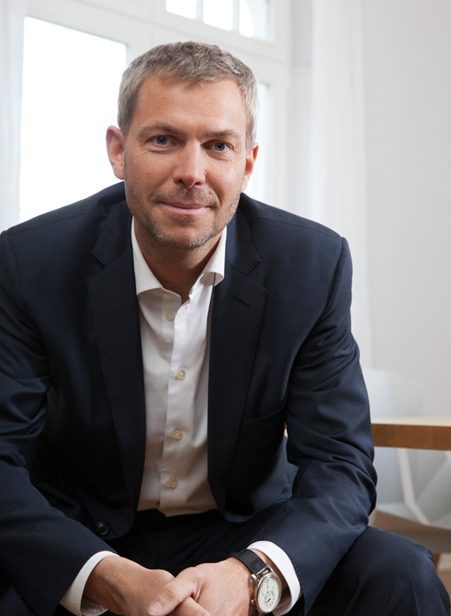
»The way out of poverty leads through jobs that pay for themselves.«
You have just founded a Social Business NGO – what is that?
We build start-ups in Africa that create sustainable jobs for extremely poor people. Where markets work, we are not needed. But there is a large area where markets do not yet work – but where they could. On the one hand, this requires humanitarian aid to overcome entry barriers, and on the other hand, an entrepreneurial view of which business ideas could be successful locally. That’s where we come in and that’s what we call Social Business NGO.
Isn’t there already enough development aid? Since 1960, an incredible 4,000 billion dollars have flowed into the African continent…
Spending money to help other countries develop is not the problem. The Marshall Plan for Germany also cost the USA over 100 billion dollars in today’s money, which has paid off for everyone involved in the long run. And aid for Africa also means prospects for Africa. Those who have prospects in their own country will stay. The problem is rather how we spend the money. Much of it fizzles out, flows into the wrong channels and is not sustainable.
What do these conventional aids do wrong?
Classic development aid follows a project logic: you collect money and put it into a project; when the money is used up, the project is over. Then you collect new money and start a new project, often in the same place. Effective poverty reduction, however, is about jobs.
Only when they are self-financing in the long term, the aid will truly become sustainable. Nobel Peace Prize laureate Muhammad Yunus said: “A charity dollar only has one life. A social business dollar can be invested over and over again.” That really says it all. I think that the tools of business can be used to create something new in development aid. Profit should therefore become an indicator of the success of one’s own work.
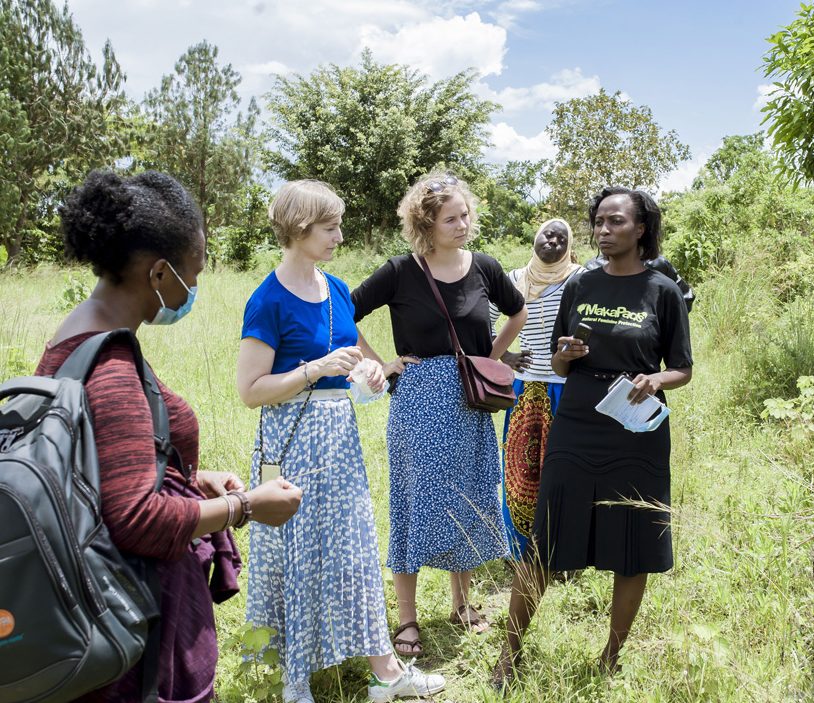
What makes Impacc different?
We convert donations into investments. Donations and large parts of development aid aren’t always as effective as they can be because the money is gone as soon as it is spent. Investments work differently – the money continues to work and can therefore be spent again and again.
Impacc is about innovative business models that produce locally and sustainably, that create jobs and are scalable. Often within franchise systems. If we combine development aid with private investment, we can help entrepreneurs who need start-up financing to develop a business idea. If they get to a point where they can grow on their own, one franchise can become two, ten or even a hundred.
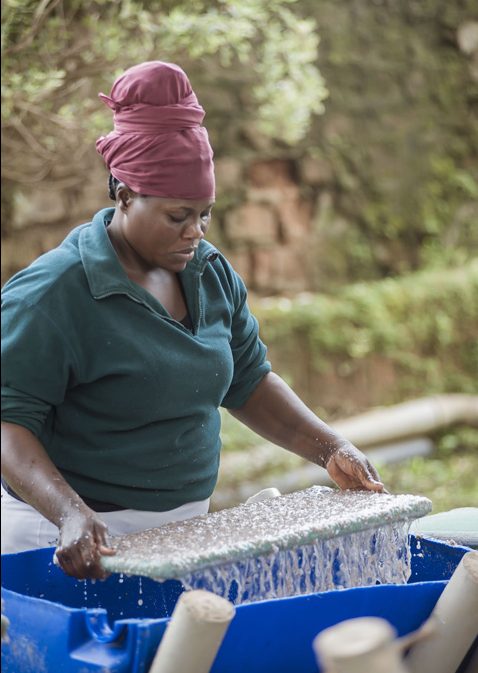
What criteria does Impacc use to select these projects?
The ideas come from the countries themselves. I don’t think much of exported technology. Too often I have seen that the plant is up and running and everyone is happy. Three months later it is at a standstill because some spare part is missing. We look for ideas that we call “local-tech” – technology that works locally and can be produced locally with local materials. They have to be green, innovative and scalable. Above all, they have to create jobs for poor people. We work with franchise models that can be easily copied.
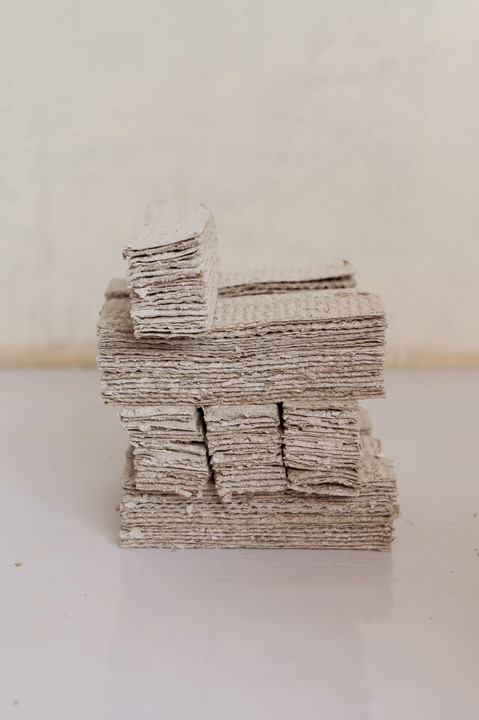
Which projects are already on their way?
Our biodegradable sanitary pads made from papyrus in Uganda are a good example: the MakaPads allow girls to go to school for the whole month; they don’t clog up pit toilets; and above all, they create lots of sustainable jobs in production and distribution, especially for women.
Another example is our Impacc Stove: the pyrolysis stoves in Ethiopia do not burn wood to ash when cooking, but gasify it to charcoal, which can be used again for cooking, resold or – even better – turned into fertiliser. The stove saves almost two tons of CO2 per year. And above all, it creates jobs for local entrepreneurs who set up their own stove production facilities as franchises, which can be produced locally and are not dependent on the world market.
We are constantly looking for new ventures and have some really exciting ideas on the horizon: bio-digester toiltes for slums in Ghana, for example, or affordable housing material made from unrecyclable waste in Kenya.
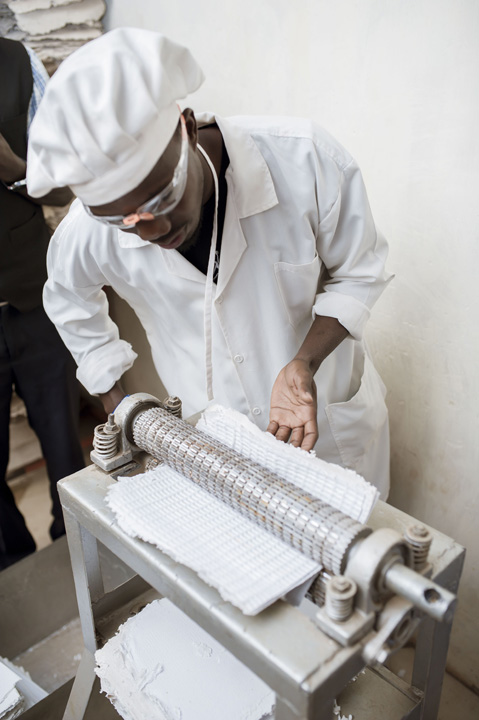
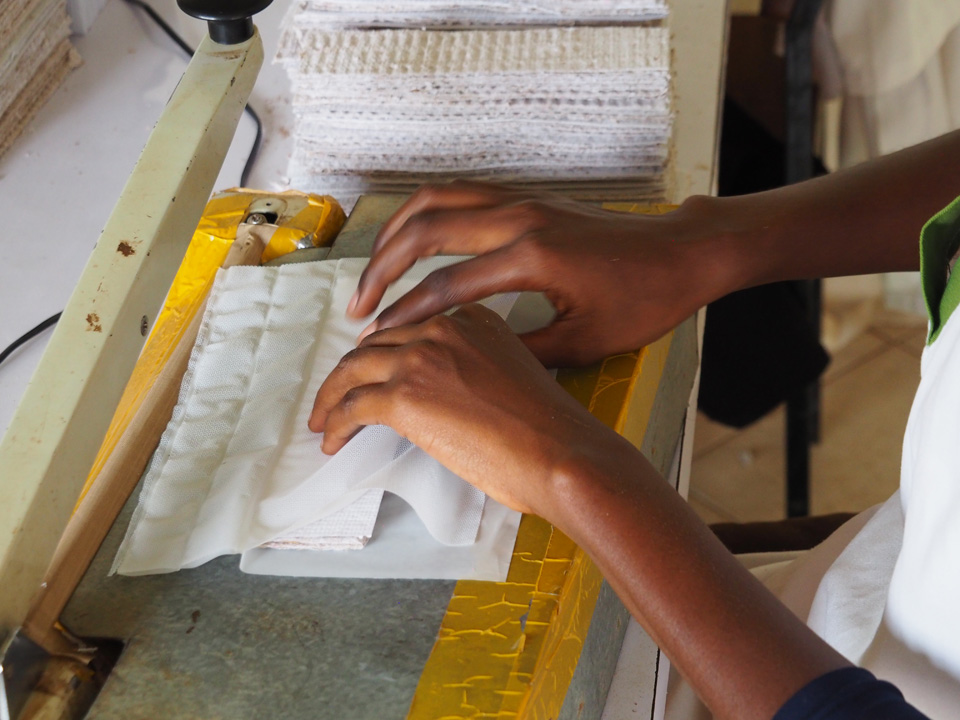
And what happens when one of your start-ups becomes successful?
Then Impacc gets out.
What do you do with the profits?
We invest these directly in further Impacc start-ups. We are a non-profit, hence we will never benefit personally from the success of our ventures.
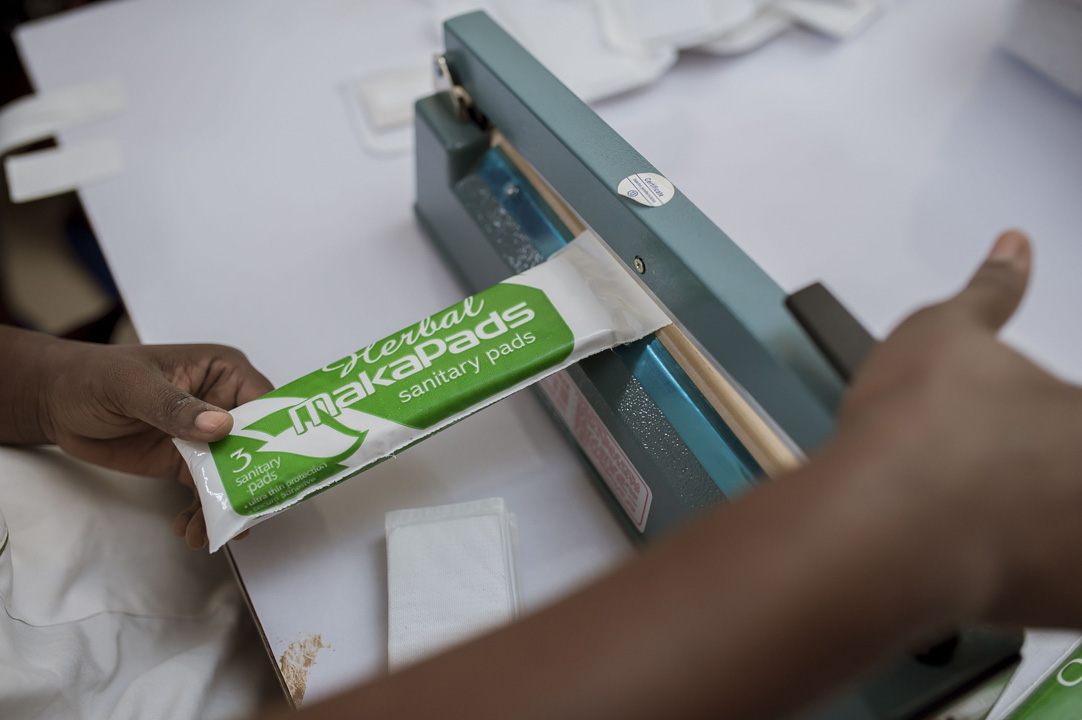
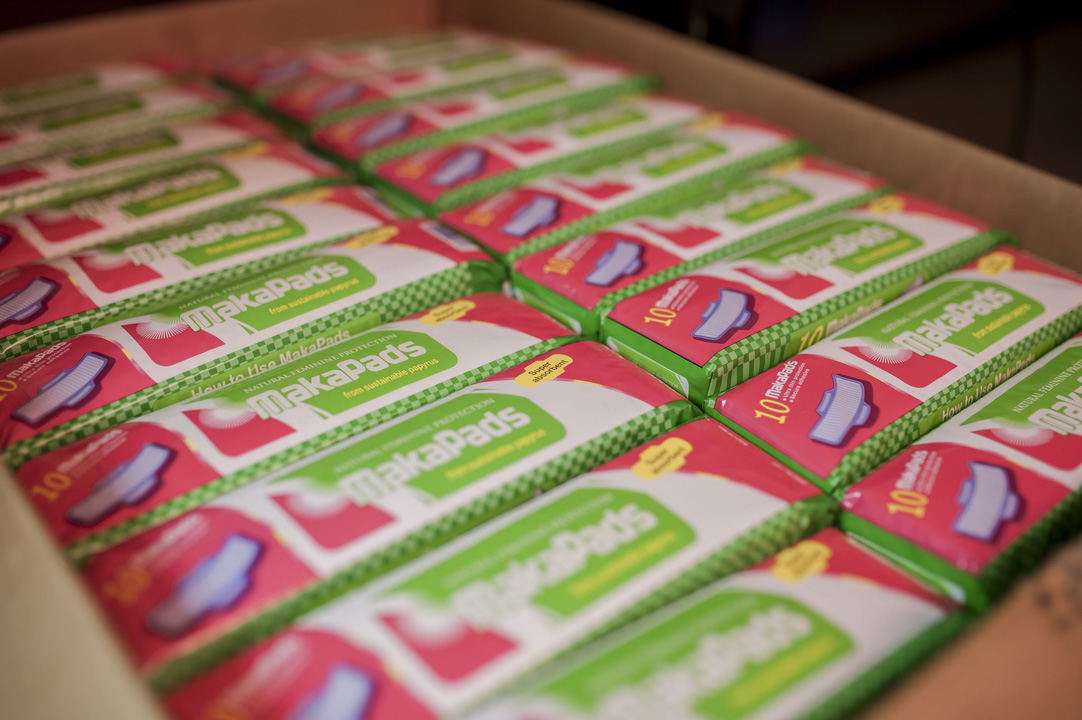
Where do you get the money for Impacc’s investments?
Corona has pretty much slowed down our private fundraising. Fortunately, we have found supporters in the form of the Siemens Foundation and the German Foundation for World Population, which are financing the establishment of our first joint venture in Uganda.
We also get support from the German and Swedish governments. In the long run, our approach is blended finance, combining institutional development aid with grants, private donations and corporate investments. The easiest way today is through donations.
Once we have a sufficiently robust portfolio, we can open up our financing to impact investments, which will significantly expand our market from donations to financial markets in general.
Speaking about money, how much do you have with you today?
In my wallet I have 23 euros, 20 cents and a plectrum.
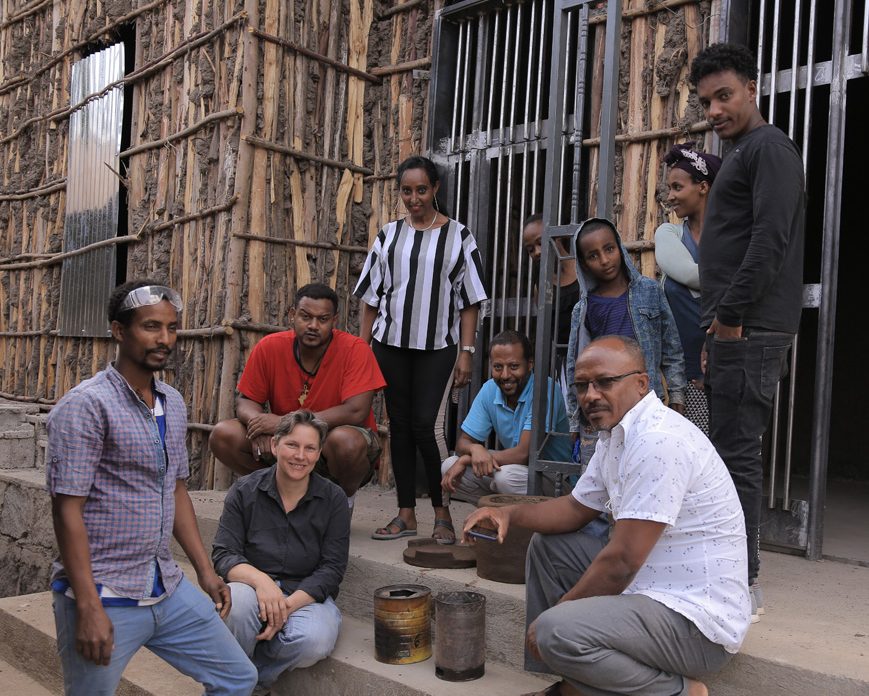
You seem to devote a large part of your life to these two dollars?
I have always been driven by two questions: How can a good life succeed for everyone, even if they don’t have the privilege of being born in Germany, for example? And how can the tools of the business be used for social change instead of just wasting them on profit growth?
The way out of poverty leads through jobs that pay for themselves. For the poorest of the poor, this mechanism often does not work because of lack of money, knowledge or access. I try to change that as much as I can.
And when does the plectrum come into play?
I am an untalented but enthusiastic guitar player. I play Jonny Cash songs in the evenings until my family asks me to stop.
Thank you, Till!


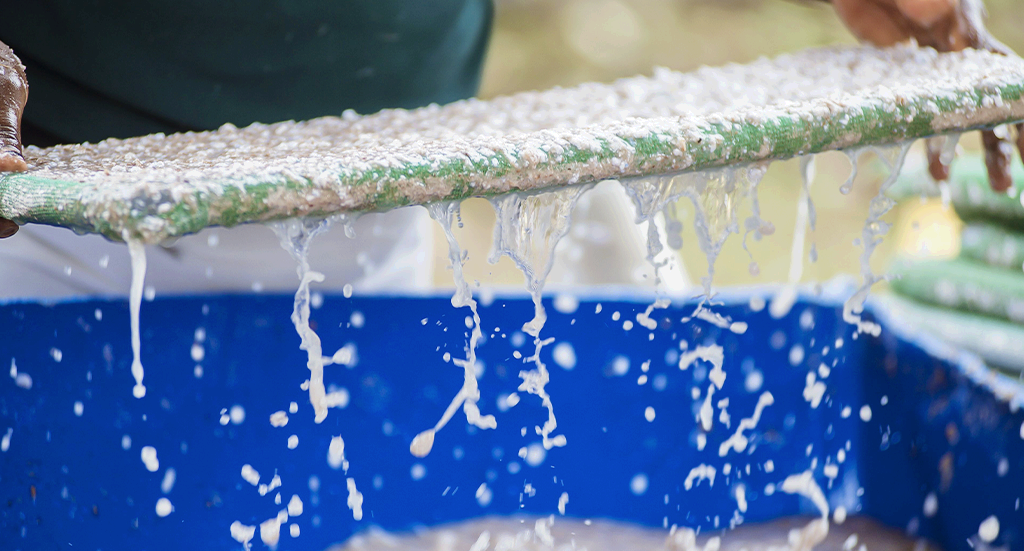


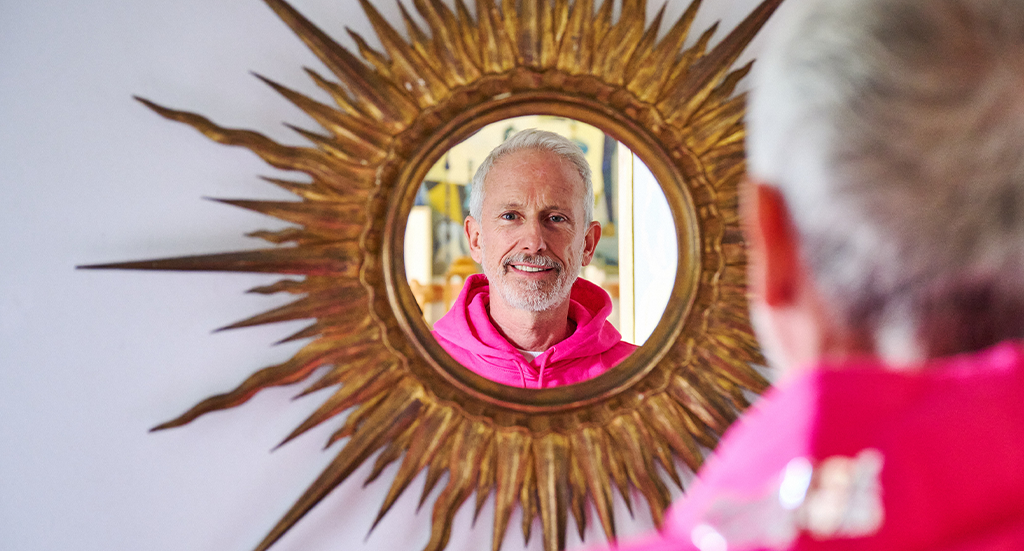
Join our Community